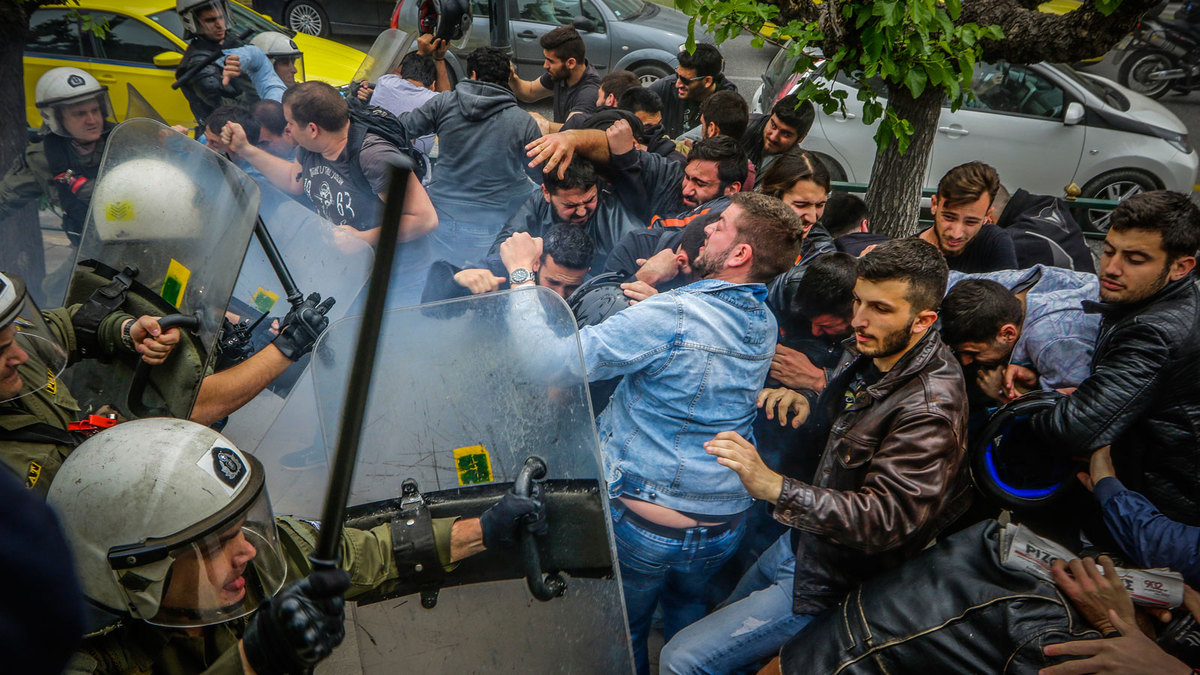Director
Andrew Wang
Andrew is a junior at Interlake High School and he is super stoked to direct the UNODC at PacificMUN 2019. He has been to 13 conferences so far and this will be his sixth time staffing. He joined MUN on a whim in freshman year and never regretted that choice because of a growing admiration for the realistic problem-solving processes delegates applied in committee and because he is incapable of making mistakes. When not attending MUN conferences or attending meetings, Andrew plays piano and is an avid fencer, dancer, and rice connoisseur. Andrew looks forward to working with all attendees to make PacificMUN 2019 an unforgettable experience!




